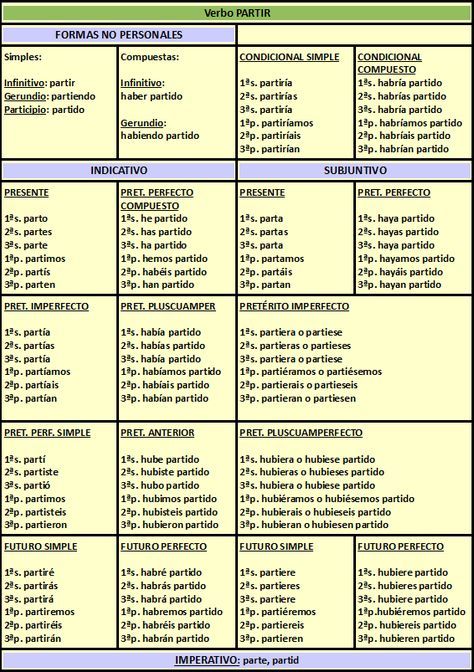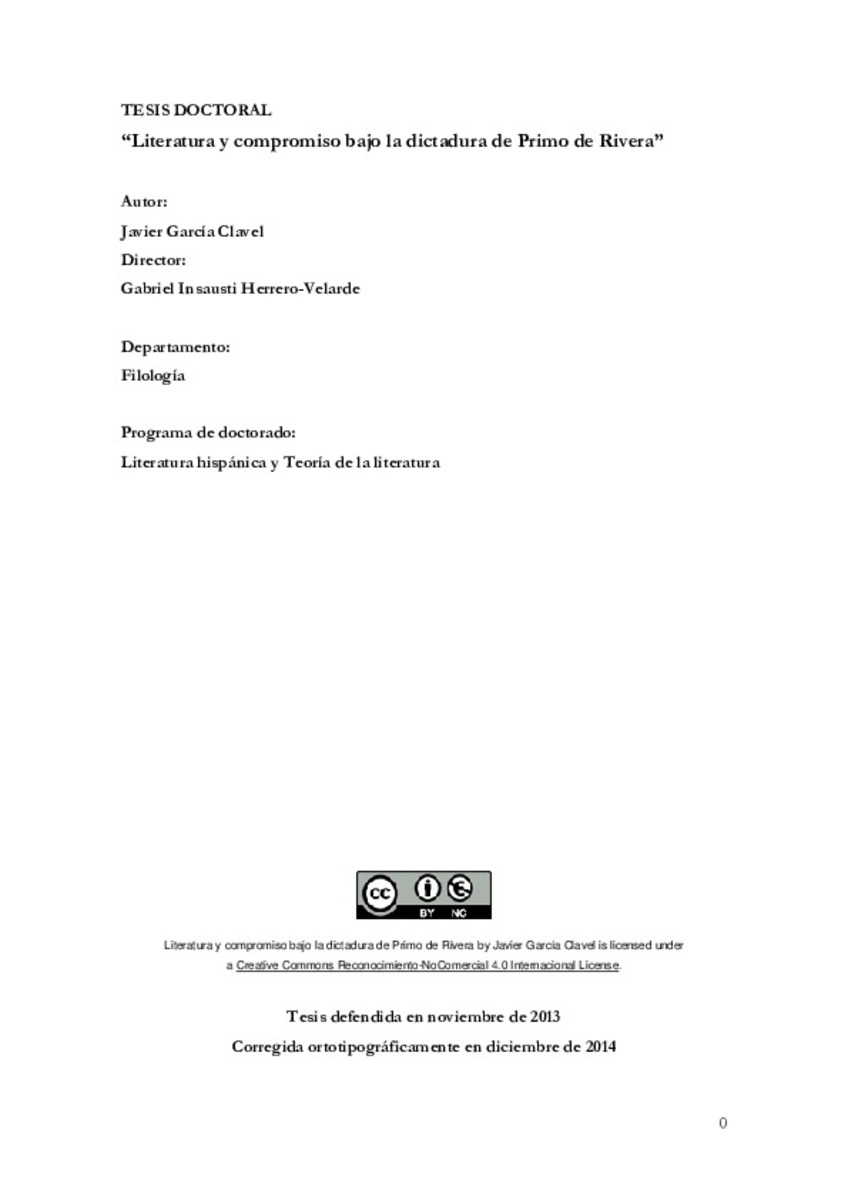Contenidos
Verbo cantar spagnolo
verbo hablar conjugado
Verbos con conjugación similar a cantaramar – saltar – estudiar – hablar – caminar – bailar – trabajar – llevar – comprar – pasar – ganar – gustar – llorar – callar – nadar – escuchar – tomar – lavar – hallar – dejar – mirar – terminar – cocinar – viajar – llamar – quedar – pintar – tipear – acabar – visitar – crear – esperar – regular – echar – respetar – dibujar – avisar – necesitar – levantar – cortar – limpiar – ayudar – pasear – alinear – olvidar – disfrutar – mandar – informar – desear – usar – Algunos verbos seleccionados al azarir – haber – ser – estar – comer – hacer – tener – decir – amar – saltar – vivir – ver – estudiar – leer – hablar – poder – caminar – venir – escribir – jugar – dar – saber – querer – coger – dormir – andar – salir – correr – bailar – beber – amanerarse – triangular – rearmar –
cantar amar salir decir bailar ver correr venir saber dormir hacer ser saltar vivir andar estar estudiar comer leer querer hablar haber escrito dar jugar poder
cantar conjugation
The verb “to sing” means: “to sing” Every morning I sing in the shower I sing every day in the shower. Paul, James, and Stan sing as a trio Paul, James, and Stan sing as a trio. I have never sung in front of an audience before I have never sung in front of an audience before. Grammar of “to sing” “sing” is an irregular verb.
Verb cloud. to have to have to live to be able to say to bring to do to ask to like to fall to fall to know to laugh to play to put to drive to see to see to speak to want to read to catch to open to write to continue to buy to leave to come to study to be to know to work to go to give to sing to eat to start to be to pass to hear to sleep to die.
cantar en español
which is a first person plural of the present indicative mood of the third conjugation. The present tense has imperfective aspect like the rest of the simple forms of the indicative mood with the exception of the preterite indefinite.
The present tense is used for nouns and adjectives of the lexical family and is known as a root, radical or lexeme. The verb cantar has the root cant- which is the carrier of the lexical meaning (everything that has to do with song) that it shares with other nouns and adjectives such as
– compound forms: they are constructed with the auxiliary verb haber in its different simple tenses and the verbal participle (he has sung, he had sung, he had sung, he had sung, he would have sung, he would have sung, he would have sung, he would have sung, he would have sung; he has eaten, he had eaten, he would have eaten, he would have eaten, he would have eaten, he would have eaten, he would have eaten, he would have eaten,
había comido, había comido, hube comido, habré comido, habría comido, haya comido, hubiera / hubiese comido, hubiere comido; he partido, había partido, habré partido, habría partido, haya partido, hubiera / hubiese partido, hubiere partido). In the past perfect tense of indicative of the verb salir,
verbo comer pretérito indefinido
Medieval Spanish did not have the deaf velar fricative sound /x/, which is represented by the spelling j or g (in front of e, i) as it is in modern Spanish; nor did it have the deaf fricative interdental sound /θ/, which is represented today by the spelling z or c (in front of e and i).
In the change from Old Spanish to Modern Spanish, numerous analogical changes and regularizations occurred, especially in the verbal paradigm. For example, in Old Spanish there are frequent forms of preterite perfect simple in -uve, many of which have been preserved in the modern language (anduve, tuve, …) while others have disappeared (conuve ‘conocí’ or similarly truje ‘traje’, …).
The first two examples show regularized preterite forms in general Spanish, while the last two show tendencies in popular Spanish and child Spanish that have not been unanimously accepted in the language (consequently they are marked with [*]).
We have also eliminated some forms of singular in -s such as tiempos (Latin < tempus) ‘time’ (now preserved only in some proverbs) or uebos (Latin < opus) ‘work, labor, effort’ as in the following sentences:







